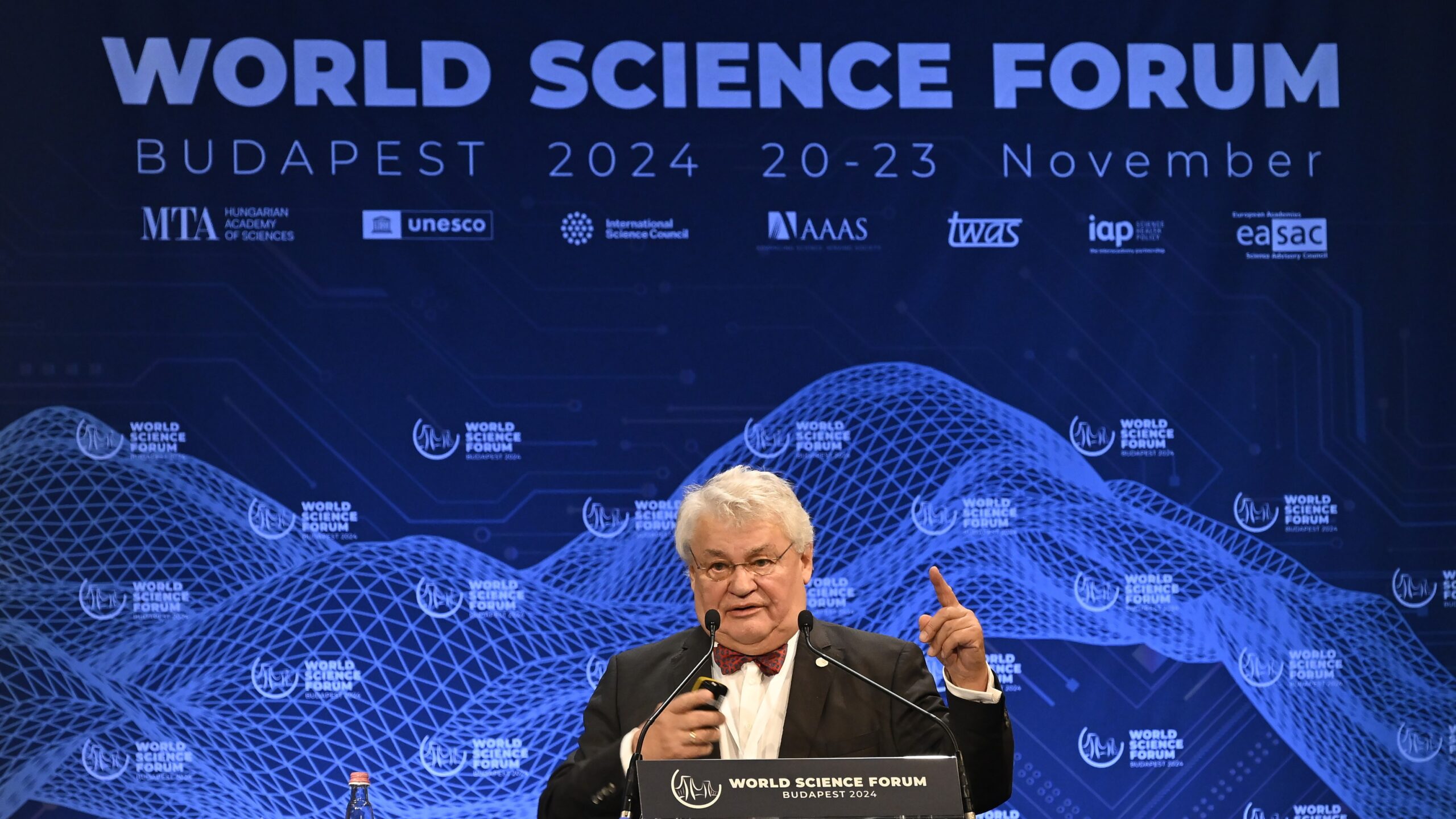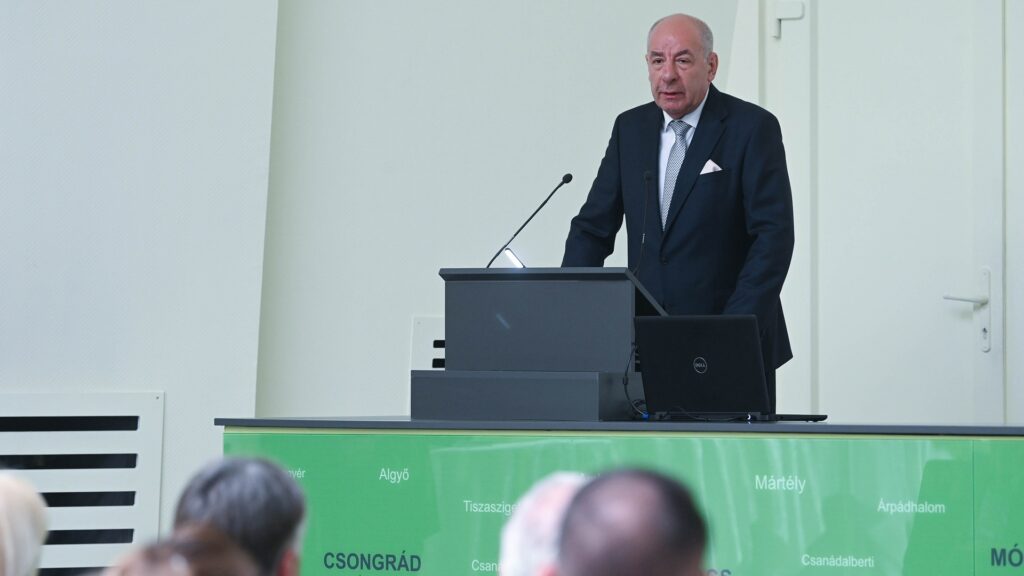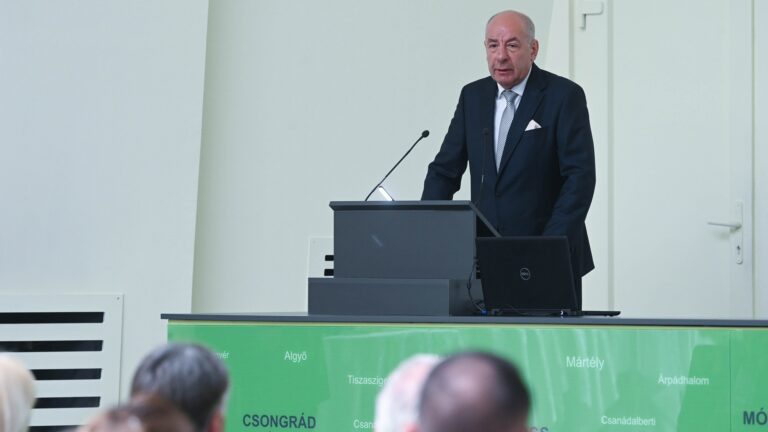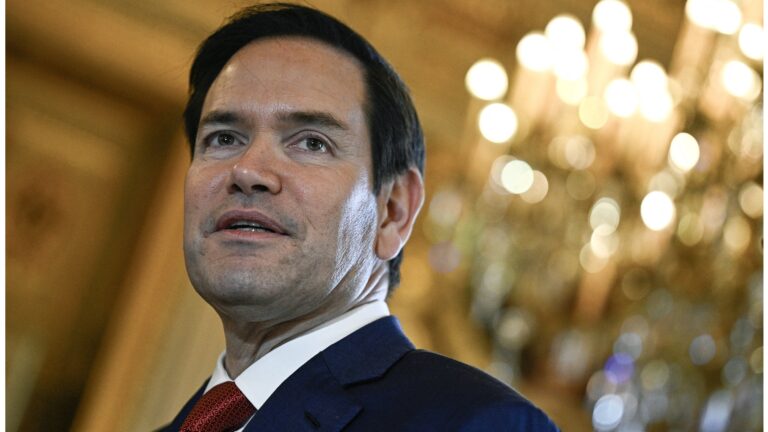Speaking at the World Science Forum in Budapest, former Hungarian President János Áder introduced a pioneering methodology developed by Hungarian researchers to replace GDP with a framework better suited to measuring sustainability. He argued that while GDP measures important aspects of economic activity, it fails to capture critical factors relevant to human well-being and sustainability.
‘Our new methodology reveals the negative externalities of economic activities—such as water pollution, soil degradation, biodiversity loss, and deforestation—which, if ignored, come at a high societal cost,’ Áder stated during his plenary session at the Pesti Vigadó.
The Hungarian proposal combines three methodologies: the sustainable GDP (sGDP), the Sustainability Performance Framework Indicator, and a well-being index that extends beyond GDP. Together, these indicators aim to provide a fuller picture of economic, social, and environmental processes, enabling more informed decision-making, risk reduction, and the advancement of sustainability goals. According to Áder, the sGDP sheds light on the often invisible or negative societal and economic costs excluded from traditional GDP calculations. This framework assesses what economic output would look like if ecological resources were preserved and social equity ensured, while maintaining balance in product and labour markets as well as financial systems. The Sustainability Performance Framework Indicator monitors the management of natural resources, a dimension absent from conventional GDP metrics. Meanwhile, the well-being index (WBGI) interprets societal welfare levels, offering a comparative view of sustainability efforts across countries.
‘The combined application of these three indicators provides a realistic picture of the state of well-being in its broadest sense,’ Áder explained. He highlighted that the Hungarian methodology is more streamlined, relying on just 80 indicators compared to the more extensive systems under development by global institutions such as the UN, EU, OECD, and World Bank. This integrative approach is adaptable to the specific characteristics of individual countries. Áder pointed to the urgent need for frameworks beyond GDP, citing a United Nations assessment that the current pace of progress means sustainability goals may take over 60 years to achieve—far exceeding the original 15-year timeline. He emphasized that prominent economists, universities, and institutions worldwide are working to develop monitoring systems that transcend GDP, including in the US, Japan, and Europe. ‘This methodology helps eliminate GDP’s blind spots,’ Áder said, underlining its relevance for economic and political decision-makers by offering clear directions for intervention.
The forum’s Friday plenary session also discussed the outcomes of the UN’s Summit of the Future, focusing on the implementation of the Pact for the Future adopted by world leaders. The Hungarian initiative was presented as a significant contribution to these global discussions. Áder called on the international community to adopt similar approaches, arguing that sustainability must guide economic and social policy in the 21st century.
By accounting for the environmental and social costs of economic activity, the Hungarian methodology offers a transformative vision for evaluating progress. As Áder concluded, ‘The time has come to rethink our economic indicators to ensure a fairer, more sustainable future for all.’
Related articles:








